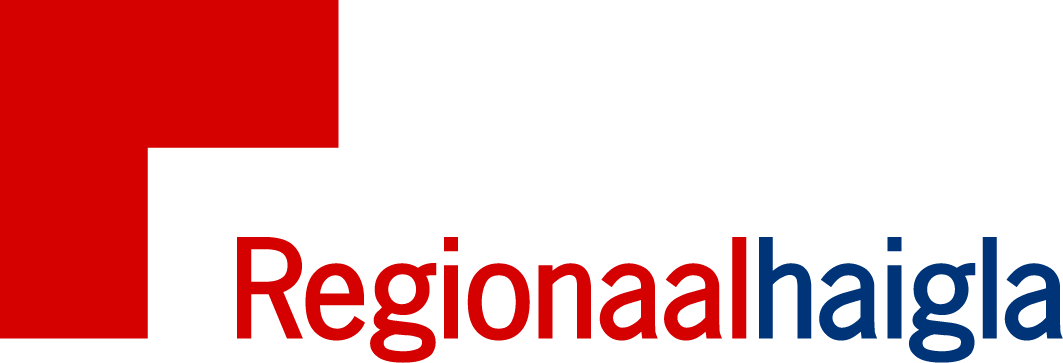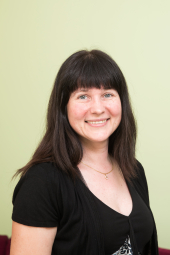TThe children and youth department at the North Estonia Medical Centre Psychiatry Clinic treats children from the age of 12 to 18.
The department was opened in 1967 as the first inpatient clinic in Estonia for the diagnosis and treatment of psychological disorders.
How work in the department is organized
The Medical Centre’s children and youth department is Estonia’s largest psychiatry unit specializing in treating children and youth. Our operating region includes all of northern Estonia and we also provide inpatient care for a large part of Lääne-Viru and Ida-Viru County, Lääne County and the islands. The department is a base for residents at the University of Tartu medical school, students at the Tallinn and Tartu Health Care College and social work students. The department has 15 beds.
The children and youth department at the Medical Centre staffs four child psychiatrists (doctors have appointments on various days of the week at the psychiatric polyclinic as well), two psychologists, a speech therapist, a social worker, a creative arts therapist (specializing in musical therapy), an occupational therapist, two attending nurses and a secretary. A nurse and caregiver are on duty at the department around the clock. In hiring, unconditional love is considered an important criterion, as everything else can be acquired. It is important to form a trust-based relationship with and ensure the safety of children, avoiding retraining the children.
Modern diagnostic and therapeutic methods
Investigative methods used:
- interview with parents for properly ascertaining the development and the aetiology of the problem;
- parent questionnaires for evaluating the child’s behaviour and skills;
- child questionnaires for evaluating the child’s mood and close relationships;
- tests performed by psychologist to evaluate mental and psychological development;
- evaluating speech development;
- data on observation of the child’s social skills and behaviour during the time spent in the department.
If necessary; we conduct studies for evaluating the child’s physical heath and consult other specialists. Evaluation of how well the child’s development and coping skills (academic progress, social skills with peers and non-family adults) proceeds on the basis of not only information from parents but also (nursery) school input; we thus ask parents to bring school reports to the initial screenings.
Our department’s work is based on teamwork principles, meaning that the diagnostics and treatment of each patient is discussed at team meetings.
Psychological counselling is meant for the child and his or her family and if necessary, for the school personnel as well (such as the patient’s homeroom teacher, school psychologist and child protection specialist).
Meetings are held to discuss how the patient’s psychological problem affects his or her development and ability to cope with everyday life, how family members could best help the child and possible additional measures that the education and social welfare system can provide the child and family.
Family psychotherapy
The main emphasis of psychotherapy is on family psychotherapy that helps the family find new means of communication and action considering the particular aspects of the child’s psychological health. For adolescents, we use individual psychotherapy, above all cognitive-behavioural psychotherapy.
With regard to medication, we follow the treatment standards established in Europe and the medication plan is always carried out in conjunction with psychosocial treatment (counselling and support for parents, applying a suitable academic system).
Besides around the clock care, it is possible to make use of daytime inpatient care when the child is in the hospital from 8-18. While in the department, the child meets individually with various specialists for tests, evaluation of his or her psychological condition and treatment. Individual and family therapy, cognitive-behavioural psychotherapy, psychodynamic and group creative arts therapy sessions all play an important part. These help the child adapt better and develop the ability to express his or her thoughts and emotions.
Free time
Nursing and caregiver employees provide recreational pursuits. Board games, crafts, outdoor play are examples of joint activities. The department has an outdoor courtyard that is mainly in use in summer but there is the possibility of playing in the snow in the winter as well. Daily outdoor walks also take place and if possible, trips are made to the Stroomi woods, beach and playground, as well to the store. Each activity is aimed at supporting the child’s development and everyday coping skills.
For children enrolled in basic school, individual lessons are offered during the hospital stay in either Estonian or Russian. After the hospitalization, outpatient treatment continues with either the child psychiatrist who was the attending physician in the department or with the referring child psychiatrist.
Hospital packing list for patients:
- personal hygiene supplies
- textbooks and school supplies (except for during school recess)
- changes of clothing and indoor footwear
- a favourite toy
- Children wear their own clothing while in hospital.
- Meals are provided four times a day.
- The treatment is free of charge for children.
Visiting hours
The children can be visited in the department only by adult family members.
Visiting hours are 16-19 from Mon-Fri and 10-19 on Sat-Sun.
Department tel. 617 2521



